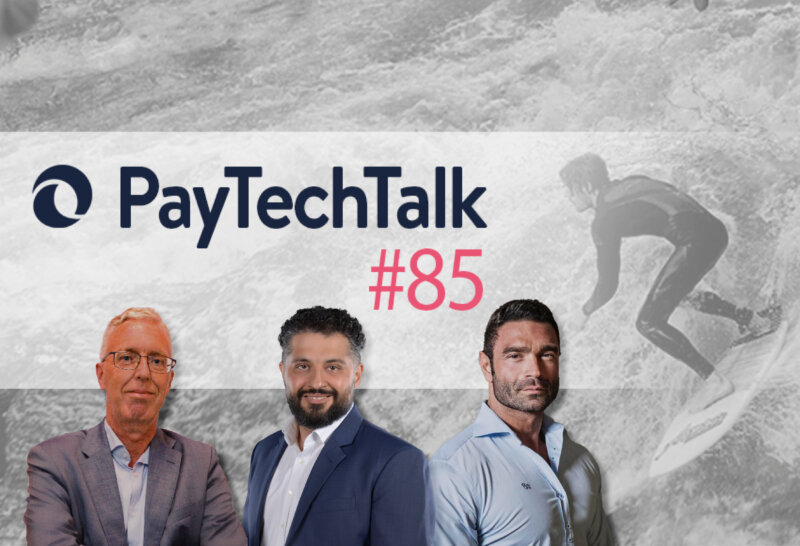Table of Contents
In our latest episode of PayTechTalk and our 6th “DeFi vs CeFi” series, we talk the latest activities of the German regulator, BaFin. Our host Alireza talks again with Gökhan Nazenin and Henri de Jong about BaFin’s publication on NFTs and the regulator’s intervention against Uniswap.
BaFin’s publication on NFT
After BaFin already commented on NFTs in its publication on crypto tokens, now came the long-awaited article on NFTs in the latest BaFin Journal.
BaFin clarifies what NFTs are, when and how they are regulated and what matters.
Alireza and his guests discuss whether the article adds value to the crypto industry.
The second topic of the podcast fits perfectly with DeFi vs. CeFi. BaFin vs. Uniswap Labs
German regulator, BaFin, is looking into Uniswap! What happened?
Uniswap tweeted (in German), using the German flag, and asking German user to use the new Uniswap wallet. The tweet was set by Universal Navigation Inc.
So, what does that mean from a regulatory perspective?
“Reverse Solicitation” vs. “Active Marketing”!
These are the key words. According to BaFin practice (since 2005), published in the famous BaFin paper (available in English) on cross-border business, BaFin said:
“If the foreign entity specifically targets the market in Germany for the purpose of offering loan agreements repeatedly on a commercial basis to companies and/or persons that have registered offices or ordinary residence in Germany, I generally deem this to constitute lending activities requiring a license (section 1 (1) sentence 2 no. 1 KWG).
By contrast, simply maintaining existing client relationships or concluding loan agreements at a client’s own initiative, which is typically the case with large corporate clients or institutional investors, do not require a license (freedom to provide requested services).”
This milestone publication was approved by the highest German court, is meanwhile accepted by ESMA and Swiss FINMA and builds the cornerstones for BaFin’s market investigation practice.
BaFin is using a very sophisticated web-screening tool, where terms like “Germany”, “Germans” or symbols like the German flag are screened against any financial or crypto publication.
Hence, using the terms (specifically by also using the German flag, otherwise you can always argue that you approached the German speaking community in Austria, Switzerland and so on) is a red flag! Using an entity doing so, makes your decentralized systems “not so decentralized”.
Our podcast participants talk about whether BaFin had to intervene here.
Gökhan Nazenin

- Vice President Sales Europe at FIS
- LinkedIn profile: Gökhan Nazenin
FIS
FIS is a leading global provider of financial technology with a focus on retail banking, institutional banking, treasury and payments, asset management, wealth management, risk management and compliance, professional, hosting and cloud services. The breadth and depth of its portfolio and associated global expertise and underlying capabilities were further enhanced through the acquisition of SunGard in November 2015: Today, FIS employs more than 55,000 people serving more than 20,000 clients in over 130 countries worldwide. For more information about FIS, visit http://www.fisglobal.com.
Henri de Jong

- Chief Business Development Officer at Quantoz
- LinkedIn profile: Henri de Jong
Quantoz
Quantoz Blockchain Technology is behind the multiple award-winning financial gateways NEXUS and QUASAR, based on blockchain technology and cryptography. NEXUS is a platform for the automated processing of token, crypto and fiat transactions. It connects traditional financial infrastructure with public and private blockchains. The QUASAR solution enables instant and compliant peer-to-peer (micro) transactions and settlements between “things”, allowing its customers to turn their internet-connected devices into (pay-per-use) monetisation services. For more information about Quantoz, visit: https://quantoz.com/.
To the first episodes of the DeFi vs. CeFi miniseries
DeFi vs. CeFi #3 – NFTs: Regulierung und Adoption auf dem Finanz- und Nicht-Finanzmarkt




